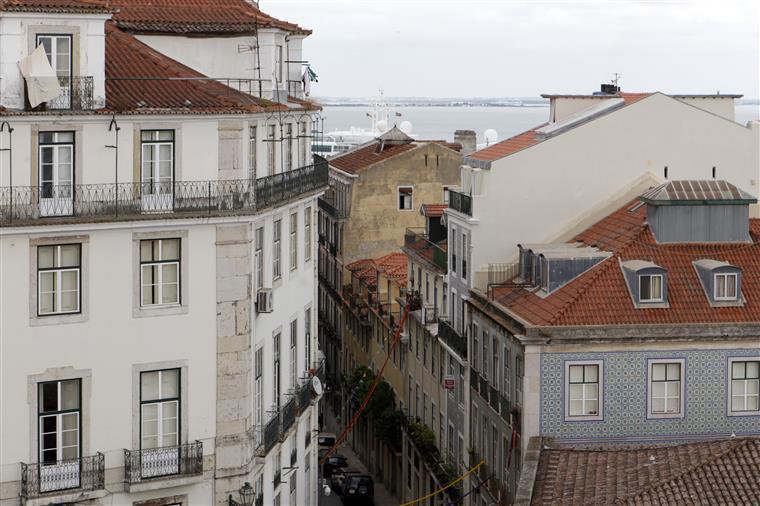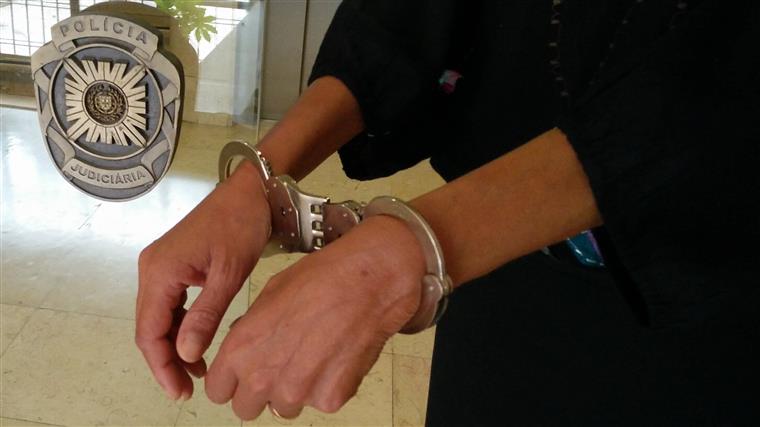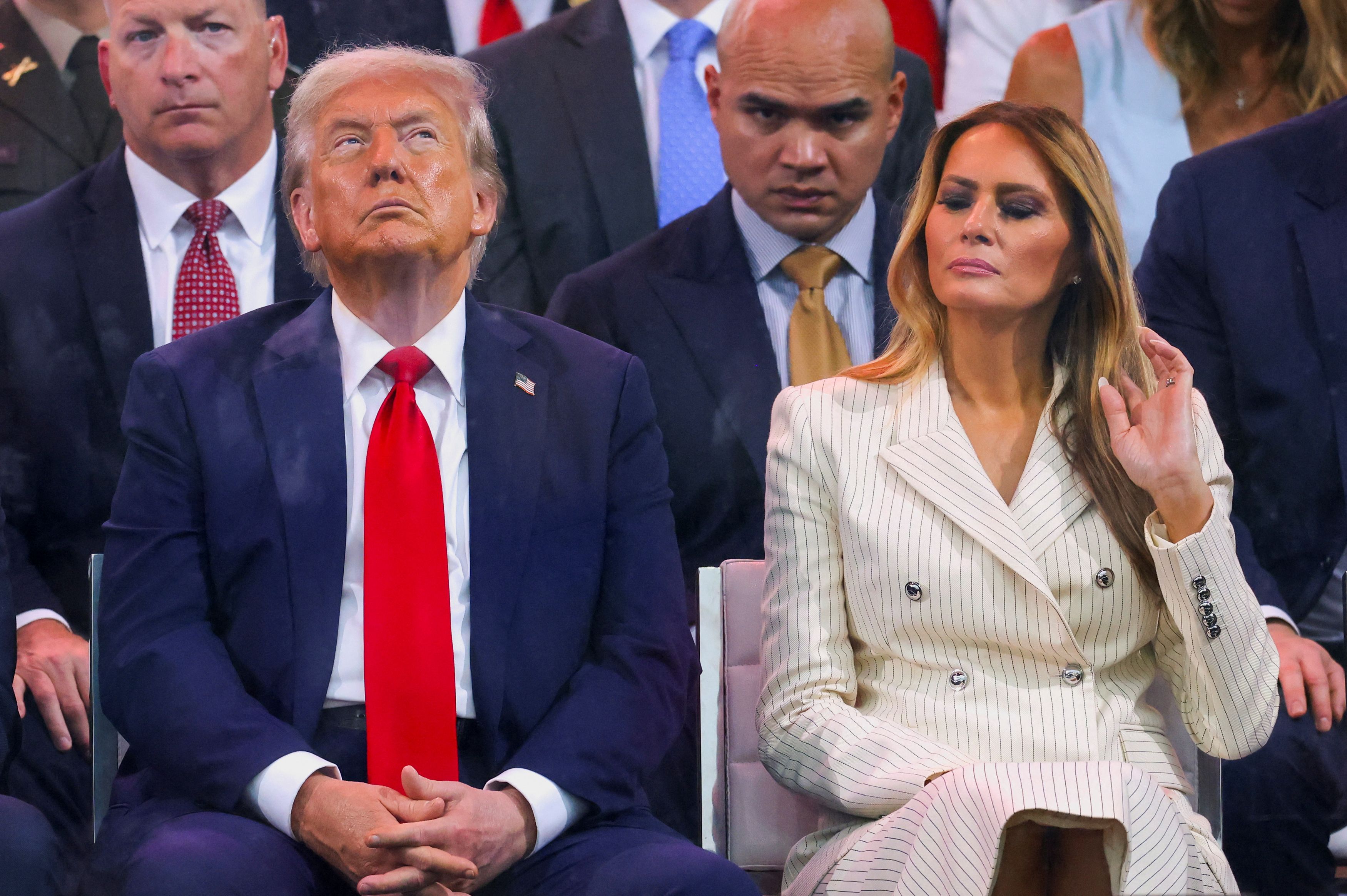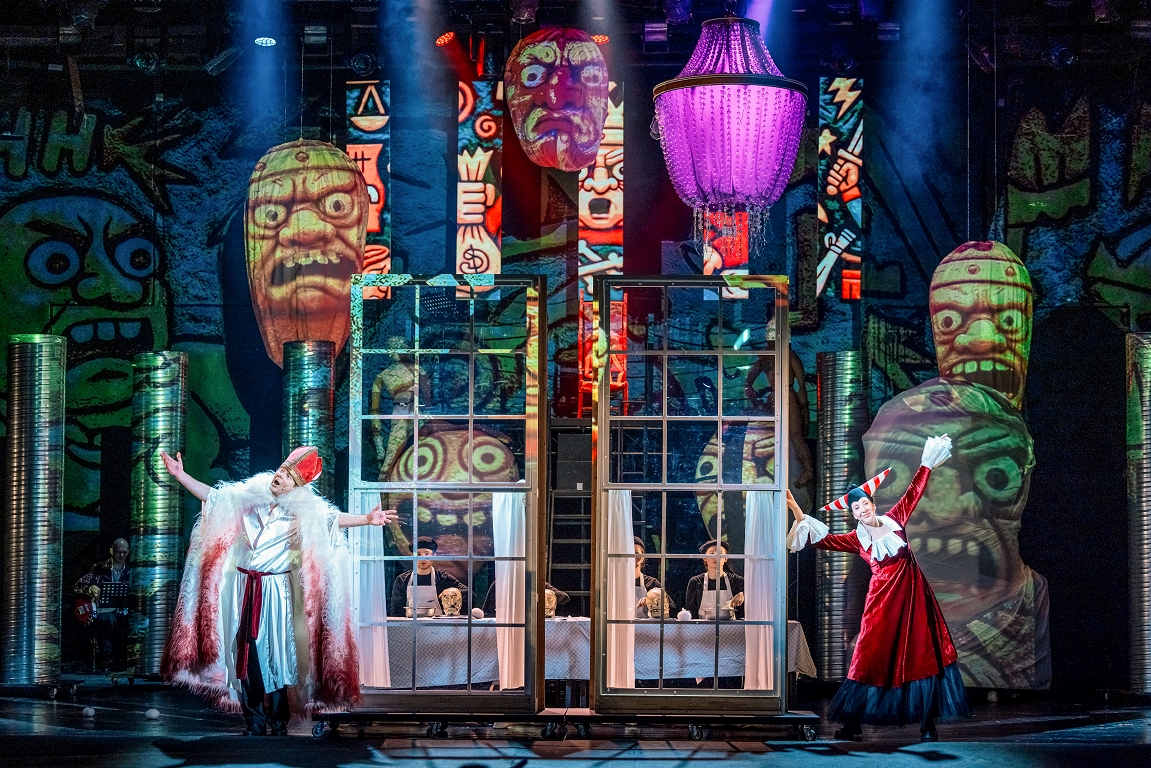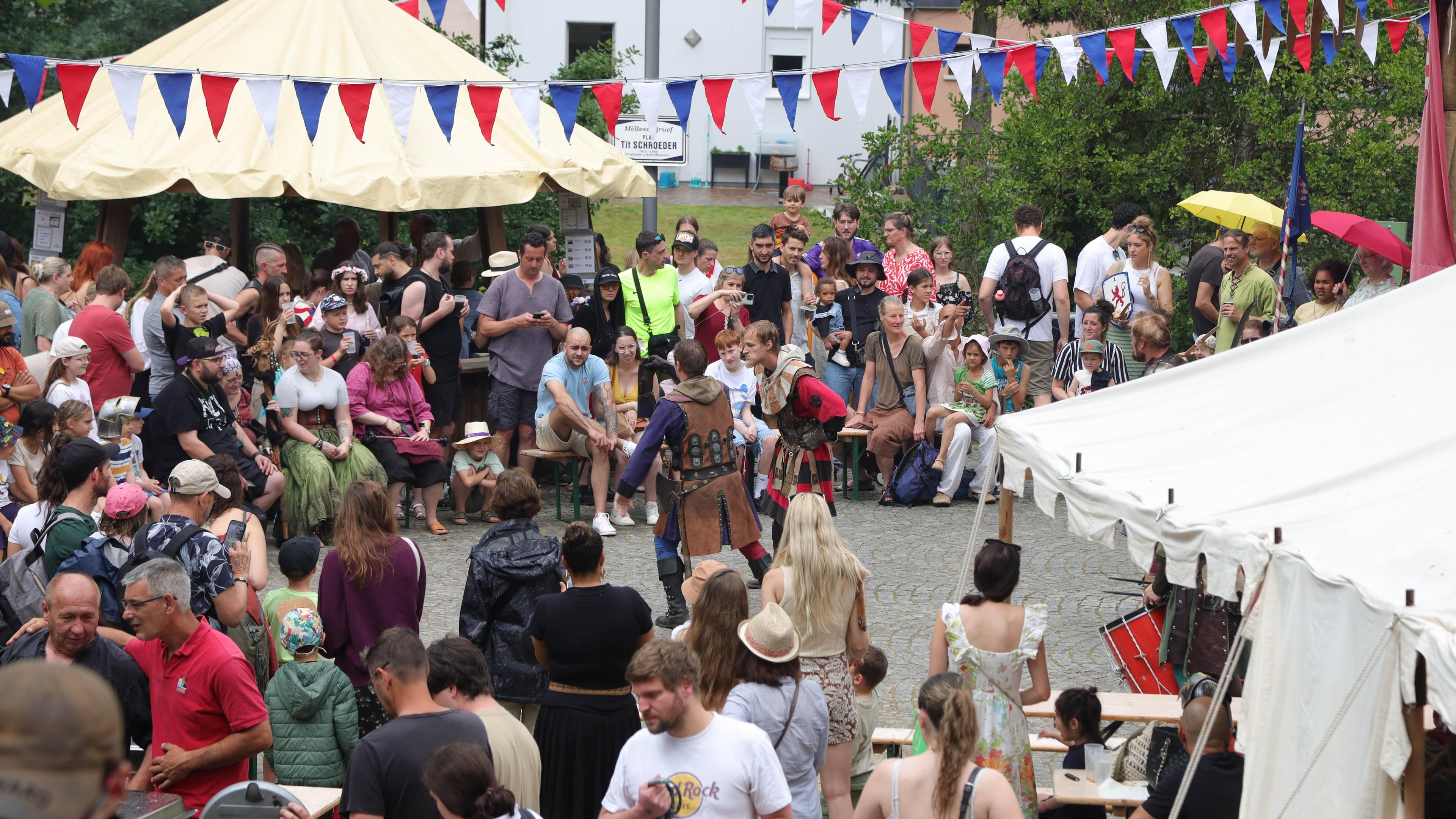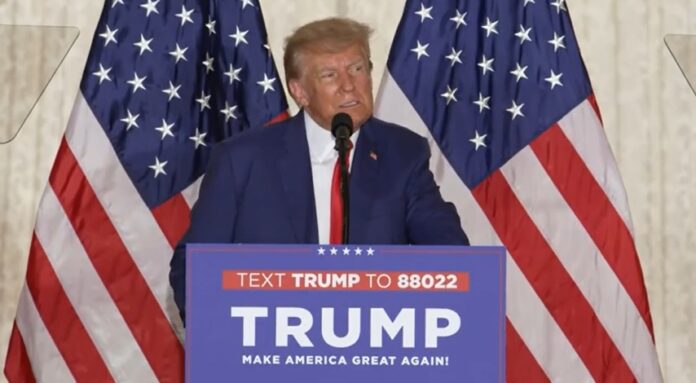In search of a boss who is God
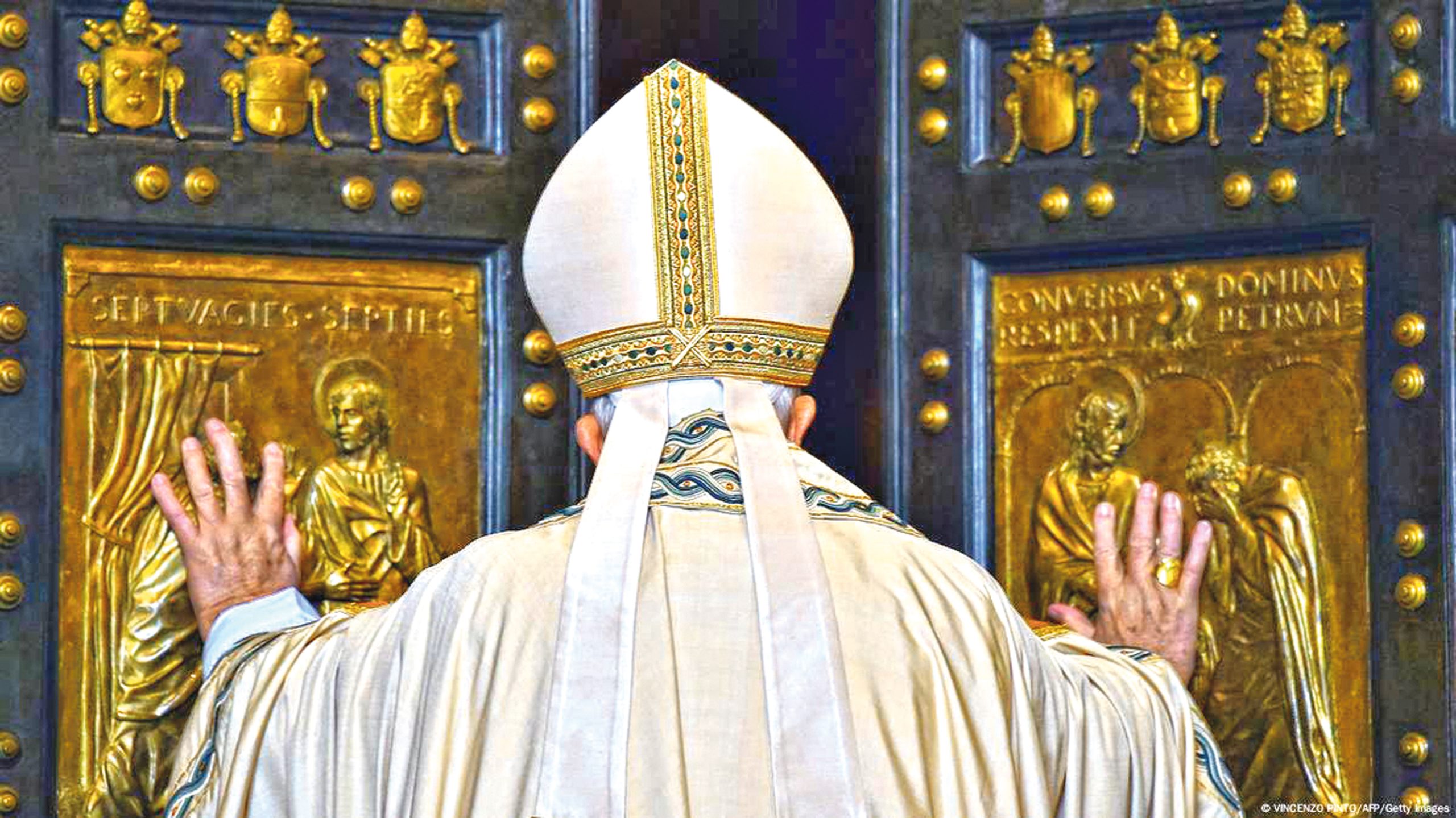
It is natural that betting houses are already boiling of players eager to ‘play’ in the future Pope, like thousands of commentators on televisions and neighborhood cafes. Whenever a pope dies or abdicates it is necessary to elect a new one and the possible conjectures are made. The most obvious is that Francis named 108 of the 135 cardinals who will choose the future Pontiff, and, of course, the decision should fall on someone who wants to follow the ‘open’ way by the former cardinal Bergoglio. But is it anyway? “There are people who imagine that having most cardinals have been chosen by Pope Francis that it will determine that what is chosen is in continuity, in alignment with their ideas. And it is a possibility, but it is good to know that of a conclave of cardinals appointed by Popes regarded as conservatives, such as Bento XVI and John Paul II, ‘climbed’ Bergoglio. We can say that if a conservative prepared conclave has come out a progressive, the opposite can also happen. But these are simplistic analyzes »begins by explaining a theologian who prefers anonymity (See pags. 18-20).
The idea of the maximum chief of the Catholic Church that has now passed away is that he was a progressive man who carried out a fight of ‘openness’, a kind of Glasnost in the Vatican, but Francis always defended the union and did not want to put the future into question – this will be the great challenge of the future Holy Father. To realize how Pope ‘played’ on both conservative and progressive trays, it can be seen that of the ten oldest cardinals that will elect the future Pontiff, all born in 1945, making 80 years in 2025-six were appointed by Francis. Everyone, all, may all vote, even if at the time of the vote they have already reached the age of the reform – with regard to the right to vote – because what counts is the age they were on the date of the Vatican leader’s death.
A synod waiting for better days
At a time of great divisions in the Catholic Church, the synodal process that was launched by Francisco eventually did not see white smoke on his consulate. Launched in 2021, the sinodal process heard the «PEOPLE OF GOD» In the dioceses and earbs of the world, as read in the final document of the Synod. It turns out that the battle carried out by Francisco should only be finished in 2028, expected to be seven. And what is the reason for this to expand from time? Francisco wanted to hear everyone, but realized that the divisions forced the most listening and conversations among all. Using a more direct language, what the people said did not please everyone and in the final document it was decided that some of the fractured questions should not appear mirrored in the document. And here using legal language, the themes such as the blessing of same-sex couples, the acceptance of re-reasons, or the role of women in the church, to other working groups they will say from their justice were extracted. That is, so that the final document would not become a megaoprocess, the Vatican decided to ‘cut it’ on various topics for other groups to ‘break’ more stone. The approximately 10 groups will begin to present work from June, but there will be a lot of work ahead until the final conclusions are reached.
Interestingly, the discussion about the obligation of the priest celibacy disappeared from the agenda… and neither was in the final report nor will it be in the new cars. “The fracturing questions were all deliberately taken from this reflection, and were delivered to special committees that were created and are at work in the Vatican. The most controversial themes or those who, in the end, most under question the tradition of the Church in recent times, have been delivered to special committees. What the Pope intended with the synod is that in the church he learns to work together, that is, with the involvement of many people. When this synodal process began not even knew it was going to last seven years, it is built as it is done. It is a Work in Progressa learning in progress »adds the same theologian.
Simplifying once again: If the synodal process, which is still named Bishops, although collaborating hundreds of people who are not, among which women, had approved the end of the mandatory celibacy of priests, the ordering of women, the blessing of same-sex couples, among other fracturing themes, the American Church, the African and the Asian distanced the Vatican. On the contrary, the German church, most of it, would applaud with all the force. The new Pope will have the difficult task of continuing to get the balance between these various realities. In the church few believe that the future Pope does not take the process to the end, but there are those who argue that if the most conservative wing is winning, it will be natural that decide to bury it, returning the same again to the shelves.
A historical conversation with Jesuits
Pope Francis, upon his coming to Portugal because of the World Youth Day, decided to meet his Jesuit ‘brothers’, and this meeting marked many of those who were present, and many theologians say that this conversation is the best portrait of Francis and what he thought of the church. To the questions posed, Francis answered all, although for a layman it may seem that it was a non -response in many cases. In this regard another theologian heard by the Sunrise explains Francisco’s behavior. «The Pope had a style of suggesting, proposing, but did not exhort, much less imposed. I had no speeches with edges. It was a kind of airbag in some aspects, because it was the most cunning people that there was ».
Let us return to the College of St. John of Brito where the meeting with the Portuguese Jesuits took place. A ‘brother’, with the same name, spoke in a sabbatical experience he had in the US: «There was something that impressed me a lot and sometimes made me suffer. I have seen many, even bishops, criticize their way of leading the church. And many also accuse the Jesuits, who are usually a kind of critical feature of the Pope, of not being now. They would even like the Jesuits to criticize him explicitly. Do you miss the criticism the Jesuits made to the Pope, the teaching, the Vatican?asked Father Francisco.
Before we go to the response of the high pontiff, an inevitable apart. It is still strange that the Jesuits are now forbidden to speak without the consent of the provincial, their boss… unusual, at least. Has the word the Pope: «You have found that in the United States the situation is not easy: there is a very strong, organized reactionary attitude, which structures an affective adherence (…) I want to remind these people to go back is useless and that it is necessary to understand that there is a correct evolution in understanding the issues of faith and morals, as long as the three criteria that Vicente de Lerins already indicated in the fifth century: that the doctrine evolves evolves UT ANNIS CONSOLIDETUR, dilatetur tempore, Sublimetur Aetate. In other words, the doctrine also progresses, dilate with time, consolidates and becomes firmer, but always progressing. The change develops from the root up, growing with these three criteria ».
In one of the most direct criticism of American cardinals, Francis concluded: «These American groups that speak, so closed, are isolating. And instead of living from the doctrine, the true doctrine that always develops and bears fruit, live with ideologies. But when the doctrine is abandoned in life to replace it with an ideology, it was lost, it was lost as in war. In other words, ideology replaces faith, belonging to a church sector replaces belonging to the Church ».
Clericalism infiltrates the priests
In this exchange of ideas, which you can consult on the Jesuit website, there was a little of everything. Frederico, master of novices, asked: « What disordered affections do you think are more frequent in the church, and especially in the company? ». The answer: «Today was published the letter on worldliness and clericalism. It is about these two points that would like to draw the attention of our clergy. Clericalism infiltrates priests, but it is even worse when it infiltrates the laity. Clericized lay people are scary. I answer with these two spirits, worldliness and clericalism, which can do the company very badly ». Without rodeos, Francisco spoke of the demons “They touch the doorbell, who ask for ‘license’ who do not look like anything and then take care of the house. Jesus concludes that the state of man turns out to be worse than before. In other words, care must be taken not to slip gradually. There is a very beautiful Argentine tango named Sabbath, ‘down the ravine’. When a person begins to slide through the ravine, he is lost. It slides down and, below, we are attracted. Hence the importance of taking an examination of conscience, so that ‘educated’ demons do not go discreetly ‘. As you will easily see, the criticism had several recipients.
To end the challenges that Pope Francis left to his successor, let’s look at the question «Holy Father, the Lord is to me the Pope of my dreams after the Second Vatican Council. What do you dream of the church of the future? ». «Many are questioning Vatican II without naming him. The teachings of Vatican II call into question. And if I look at the future, I think we have to follow the Spirit, see what he tells us, with courage ». “With prayer, the Jesuit goes ahead, he is not afraid of anything, because he knows that the Lord will inspire him, in time, what he has to do. When a Jesuit does not pray, he becomes a dry Jesuit. In Portugal one could say that it became ‘a cod’ ».

